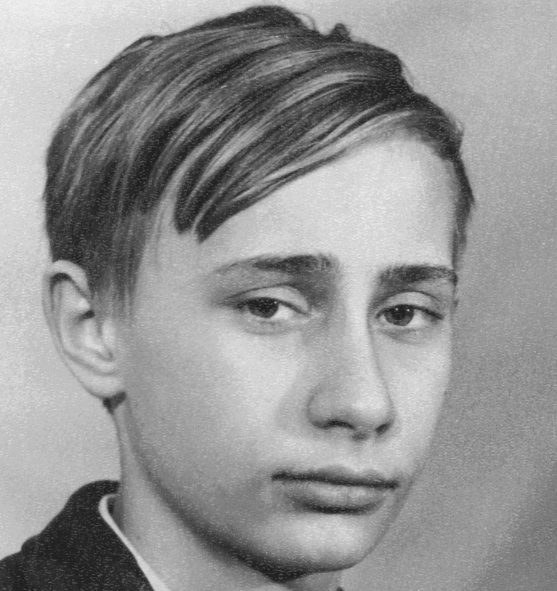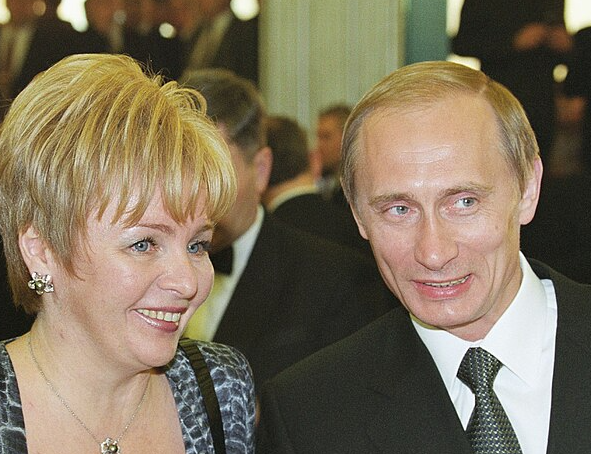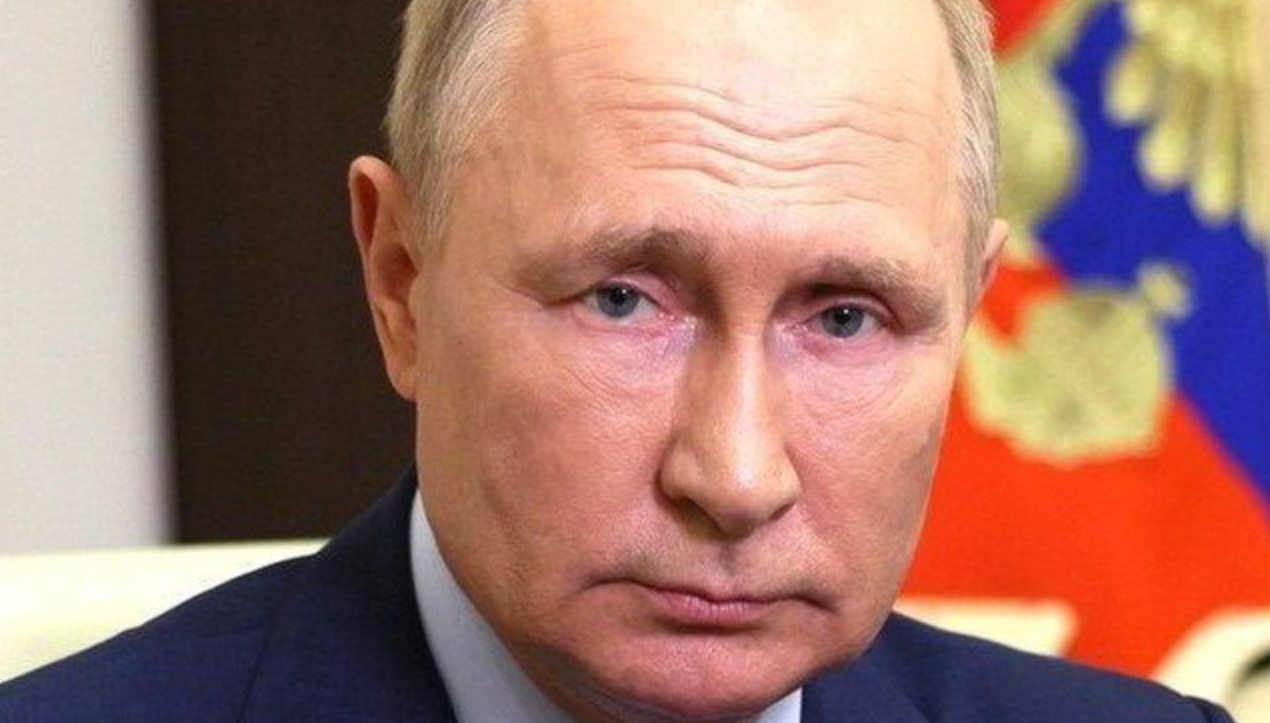From a poor family in Saint Petersburg to a KGB agent, Vladimir Putin has secured his rule until 2030, becoming a “strongman” president.
Others are reading now
The results of the Russian presidential election exit polls released few hours ago on March 17 Moscow time, only surprised few people.
Vladimir Putin’s overwhelming victory was never in doubt.
However, 24 years ago, few could have predicted that a spy from a poor family would rise to become the “21st Century Tsar,” ruling Russia for 30 years.
He is seen as the leader who lifted Russia after the Soviet collapse but also criticized for his authoritarian long-term rule.
Also read
A Boy Fascinated by Spy Movies… Reflecting on the Soviet Collapse
Born in 1952 in Leningrad (now Saint Petersburg), Putin grew up in a humble apartment in a city scarred by the 872-day Nazi siege during World War II. In a 2005 broadcast, he mentioned his father was a war veteran injured by grenade shrapnel.
“The streets of Leningrad taught me one rule: if a fight is inevitable, you must strike first,” Putin said in a 2015 interview.

At 15, inspired by the Soviet spy film “The Shield and the Sword,” Putin decided to become a spy, fascinated by the idea that one agent could determine the fate of thousands. After boldly visiting the KGB headquarters as a teenager and being advised to study law, he enrolled at Leningrad State University (now Saint Petersburg State University) in 1970, eventually joining the KGB.
As a KGB officer in Dresden, East Germany, during the 1980s, Putin returned to the Soviet Union just as the Berlin Wall fell in 1989.
Soon after, he witnessed the Soviet Union’s collapse in 1991. In a domestic documentary, he lamented, “The collapse of the Soviet Union was a tragedy,” recalling how economic hardships forced him to moonlight as a taxi driver, marking a complete transformation of his country.
For a patriotic KGB agent, the collapse was humiliating and fueled a desire for Russia’s resurgence.
Leaving the KGB, Putin approached his former law professor, Anatoly Sobchak, who had become the mayor of Saint Petersburg, and entered politics as a deputy mayor. He later moved to Moscow, entering central politics.
In 1996, Putin joined the Kremlin under President Boris Yeltsin, climbing the ranks to become the head of the Presidential Administration, director of the FSB (the KGB’s successor), and eventually prime minister in 1999 at 46.
Russia was in turmoil at the time.
Following the failure of the First Chechen War (1994-1996) and the 1998 financial crisis, a series of terrorist attacks in September 1999 led to the Second Chechen War.
The Second Chechen War elevated the politically unknown Putin. As prime minister, he vowed to “hunt them down in the toilet” and led the bombing of Grozny, Chechnya’s capital, forcing its surrender.
With Yeltsin’s popularity plummeting to 5%, he resigned on December 31, 1999, making Putin acting president. Putin won the March 2000 election with 52.9% of the vote.
Aided by high international oil and natural gas prices, Russia’s economy revived, growing at an annual rate of 7% until 2008.
Tired of the Yeltsin era’s decline in Russia’s stature, the public hailed Putin as “Russia’s savior.”

Securing 30 Years of Rule Amid Absolute Support
Putin’s fifth term extends his rule until 2030, surpassing Joseph Stalin’s 29-year reign. However, his path was not always smooth.
Reelected in 2004 with 71.3% of the vote, Putin faced constitutional term limits in 2008 and stepped down as prime minister until 2012, with close ally Dmitry Medvedev serving as president in the interim.
Rumors of election rigging in the 2011 parliamentary elections led to massive protests across Russia, including Moscow.
Nevertheless, Putin extended the presidential term to six years and allowed for reelection through constitutional amendments, returning as president in 2012 with 63.6% of the vote. Despite allegations of electoral fraud, he secured a fourth term in 2018 with a record 76.7% of the vote.
A 2020 constitutional amendment allows Putin to potentially serve two more six-year terms, extending his rule until 2036.
As Putin’s long-term rule continues, the West criticizes the retreat of Russian democracy.

Western observers note the suspicious deaths or imprisonment of many of Putin’s critics, including opposition leader Boris Nemtsov, armed insurgent Yevgeny Prigozhin, and prominent rival Alexei Navalny.
U.S. President Joe Biden has called Putin a “killer dictator” and “thug,” while German Chancellor Olaf Scholz labeled him a “warmonger” in 2022, citing the repeated wars during Putin’s tenure.
After the Chechen Wars, Putin led the 2008 Georgia War, annexed Crimea in 2014, and has been conducting a “special military operation” in Ukraine since 2022.
Despite international condemnation and Western economic sanctions, Putin’s domestic approval ratings have risen with each conflict.
Putin’s personal life remains largely private.
He married flight attendant Lyudmila in 1983, with whom he has two daughters, but they divorced in 2014. Rumors link him romantically to Olympic rhythmic gymnastics gold medalist Alina Kabaeva, 31 years his junior, though this has not been officially confirmed.
Despite reports of health issues in Western media, Putin is known for his strict self-discipline, avoiding alcohol and unhealthy beverages. He frequently showcases his “macho image” by participating in judo, sambo, ice hockey, and fishing.
Putin has visited South Korea three times in 2001, 2005, and 2013. During his tenure as prime minister in 2010, he received an honorary doctorate in judo studies from Yongin University.

